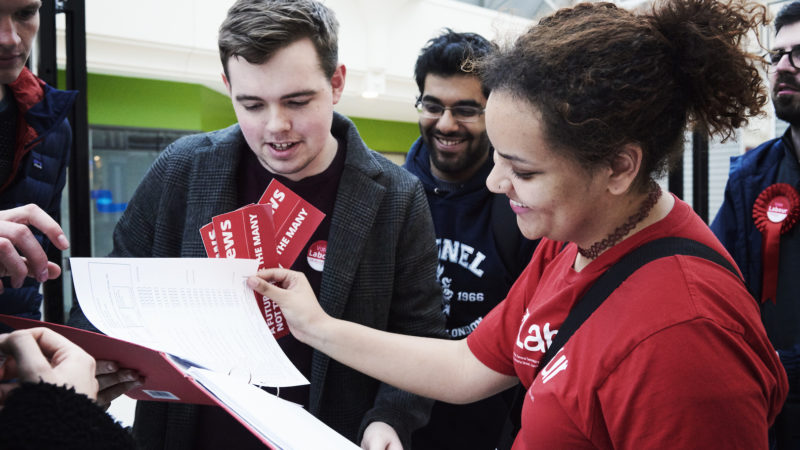
It’s been three weeks since Labour paused almost all parliamentary selections, to the frustration of many activists. The party has now agreed on a process that it will take forward ahead of a likely early election, LabourList revealed yesterday. The officers – a kind of core group – of Labour’s ruling body, the national executive committee (NEC), decided on Monday that they would implement a compromise solution. It is not the fully member-led proposal backed by both Jeremy Corbyn and Tom Watson. It is not wholesale NEC impositions either, a prospect that was making candidates not favoured by the powerful committee anxious. But the final process does hand over significant control to higher-ups, with the NEC drawing up longlists in defection and retirement seats while mixed panels – made up of NEC, regional and CLP representation – are set to narrow down the field by creating shortlists. Because the NEC cannot do this for hundreds of seats, the less electorally crucial ones will have regional executive committees acting on its behalf.
What does this mean for the party? Corbynsceptics and those who favour maximum internal democracy wherever possible may be disappointed: longlists and shortlists not being decided locally will see both of those camps on the lookout for stitch-ups. And on a matter of principle, Corbyn himself was pushing simply for a sped-up version of the normal process. Why did the pro-leadership majority NEC officers group go against the Labour leader’s own preference? Cynics will say vested interests have played a part. But defenders of the new process argue that there isn’t time to have locals in control of every stage ahead of a likely early election, and this middle ground will allow selections to take place over just seven days. And, crucially, members still get the final say via CLP meetings. This is key: it is understood that votes will not be conducted by ballots, which are thought to be too expensive, but in person. Some candidates will be disappointed by that decision because it puts those with local organisational infrastructure at an advantage (i.e. if your supporters aren’t the ones already attending every monthly meeting, you’ll have to work harder on turnout).
But back to Brexit. Thanks to the No10 source briefing published by The Spectator and then the other No10 source briefing about the call with Angela Merkel yesterday, the Dominic Cummings strategy is more obvious than ever. Offer an unworkable plan, pretend the government has made huge compromises and act shocked when the nasty EU leaders defend the interests of a member state (Ireland) and protect the Good Friday Agreement. The chances of securing a deal are basically zilch. But 19 Labour MPs are still hopeful that a way forward can be found. Writing to Jean-Claude Juncker, Caroline Flint and others have reiterated their willingness to vote for a deal and urged “the Commission, the EU27 and the UK government to work night and day, if required”.
There will be no Prime Minister’s Questions today – yes, Boris Johnson has still only done it once – as parliament has been prorogued. Legitimately, this time. But LabourList will be attending a lobby hustings for Commons Speaker candidates this morning. More on that contest and selections to follow.
Sign up to LabourList’s morning email for everything Labour, every weekday morning.



More from LabourList
Letters to the Editor – week ending 1 March 2026
‘I spent years telling workers the law couldn’t help them – that has changed’
Josh Simons resigns as Cabinet Office minister amid investigation